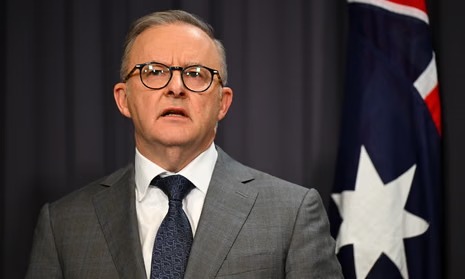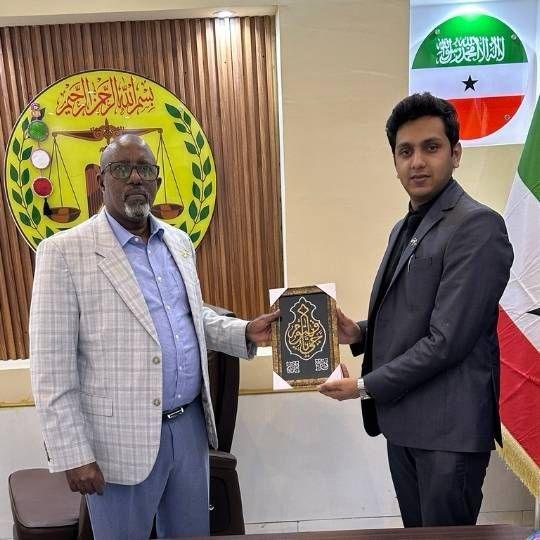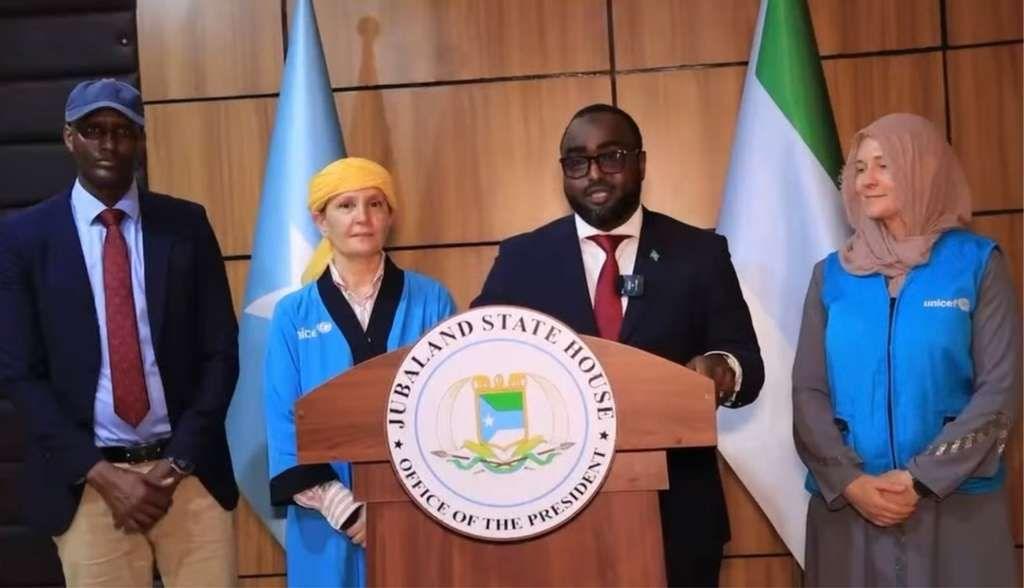News Desk: Australia will formally recognise the State of Palestine at the United Nations General Assembly (UNGA) in September, Prime Minister Anthony Albanese announced on Monday, marking a historic shift in the country’s Middle East policy and drawing strong condemnation from Israel.
“A two-state solution is humanity’s best hope to break the cycle of violence in the Middle East,” Albanese said during a press conference in Canberra. “It offers the most realistic path to peace, security, and dignity for both Israelis and Palestinians.”
The announcement follows months of pressure from civil society and a groundswell of public demonstrations in Australia, including a recent march of more than 300,000 people across the Sydney Harbour Bridge demanding a ceasefire and an end to Australia’s arms trade with Israel.
Condemnation from Israel
Israel reacted strongly to the move. Its ambassador to Australia, Amir Maimon, denounced the recognition as “unilateral” and counterproductive to peace. Israeli President Isaac Herzog went further, accusing the Albanese government of “rewarding Hamas” for its October 7, 2023, attack in southern Israel.
The opposition Liberal Party also criticised the decision. Deputy Leader Sussan Ley argued that recognising Palestine while hostages remain in Gaza and Hamas maintains control “delivers Hamas one of the strategic objectives of its horrific terrorism.”
Commitments from the Palestinian Authority
Albanese emphasised that Australia’s recognition is based on a set of “detailed and significant commitments” from the Palestinian Authority (PA)—including a renewed recognition of Israel, a commitment to demilitarisation, and promises to hold general elections.
“These commitments offer an opportunity to deliver self-determination for the people of Palestine in a way that isolates Hamas and drives it out of the region once and for all,” Albanese said.
The PA has governed parts of the West Bank since the mid-1990s but has not held national elections since 2006. It has faced criticism from some Palestinians for cooperating with Israel’s security policies in the occupied territories.
Greens and Civil Society Say More Action Needed
While the Australian Greens welcomed the symbolic recognition, they called on the government to go further. Senator David Shoebridge said the decision falls short of public demands for “material action,” including sanctions on Israel and a ban on arms exports.
The Australian Palestine Advocacy Network (APAN) was even more critical, calling the recognition a “political fig leaf” that distracts from Australia’s ongoing complicity in Israeli war crimes.
“Palestinian rights are not a gift to be granted by Western states,” APAN said in a statement.
New Zealand to Decide in September
In neighbouring New Zealand, Foreign Minister Winston Peters confirmed that his country’s Cabinet will make a formal decision on Palestinian recognition next month.
“Ultimately, New Zealand has an independent foreign policy,” Peters said. “We intend to weigh up the issue carefully and then act according to New Zealand’s principles, values, and national interest.”
Peters acknowledged that the issue is contentious within New Zealand politics and society, but reiterated that recognition is viewed as a question of “when, not if.”
Global Momentum
Australia’s decision aligns it with the majority of the world. Of the 193 UN member states, 147 already recognise the State of Palestine. Canada, France, and the United Kingdom are reportedly preparing similar announcements ahead of next month’s General Assembly.
The moves come at a time of escalating violence in Gaza, with over 61,000 Palestinians killed since October 2023, according to Gaza’s health authorities. A growing number of deaths, including more than 200 from starvation, have been blamed on Israel’s siege of the territory.
Just hours before Monday’s announcement, five Al Jazeera journalists were reportedly killed in an Israeli airstrike in Gaza City.





